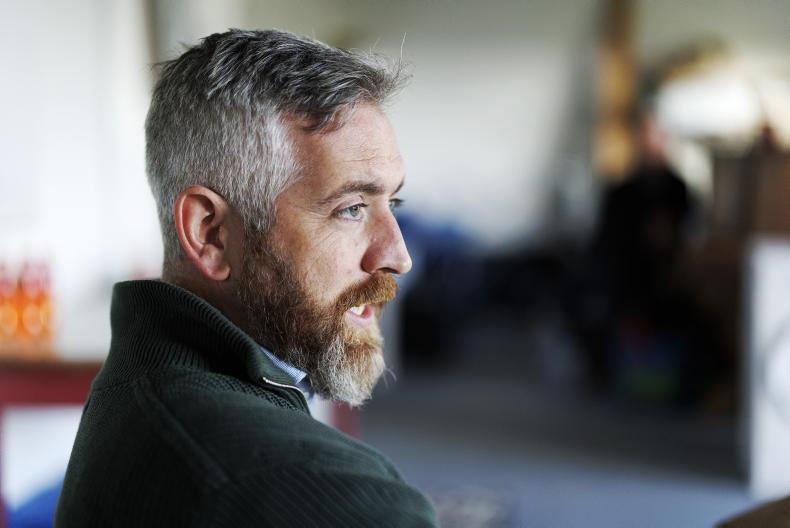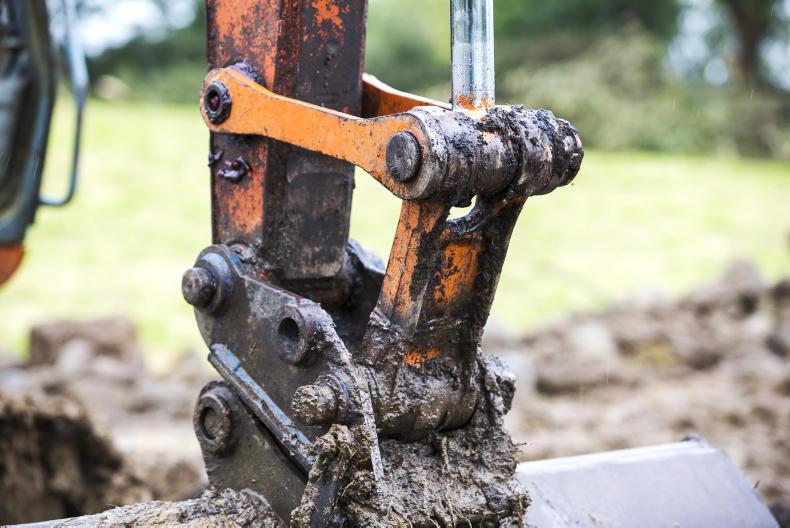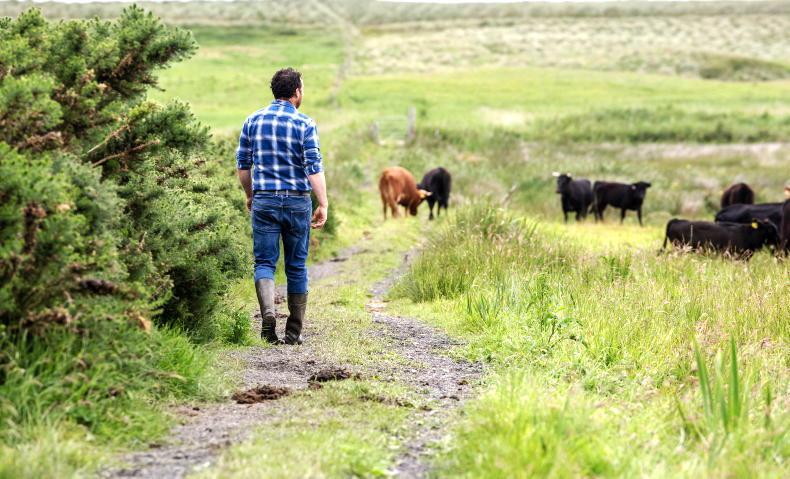Key to establishing a Europe-wide project to restore peatlands is collaboration and consultation with stakeholders, a report published compiled by the National Parks and Wildlife Service (NPWS) has found.
To establish a European peatlands initiative, the NPWS reported that joined-up action by governments, the mobilisation of large-scale funding and more viable land use options than farming would be needed.
Insufficient funding, a shortage of restoration knowledge and gaps in Government policies were found to be factors which challenge the implementation of measures on peats.
Benefits
Minister of State at the Department of Agriculture Senator Pippa Hackett welcomed the report, stating that its findings pointed out the benefits of involving Government in peatland restoration.
Government-supported work on peatlands could provide access to funding which could help to implement measures on these lands, Minister Hackett suggested.
“The report provides insights into the challenges currently facing European peatlands and the key needs that could be addressed by a European peatlands initiative,” said Minister Hackett.
“It explores the potential benefits of a Government-supported network that could, amongst other things, drive knowledge exchange on all levels in order to accelerate action on peatlands and help to identify and help unlock large-scale funding.”
Co-operation
The report was also welcomed by Minister of State at the Department of Housing Malcolm Noonan, who said that knowledge sharing is essential for progress to be made on restoring peatlands.
“By sharing all of our work and experience on peatlands, through different forums with the scientific community, existing peatland projects, institutions, governments, landowners and communities across Europe, we can enhance the interfaces between science, policy and practice and move towards a positive outcome for peatlands across the continent,” he commented.
“With so many challenges surrounding good peatland conservation, it is important that Ireland and our European and global partners build on the current exchanges of knowledge and expertise in this field.”









SHARING OPTIONS